Today, we will take a look at a compact and elegant development board.
Khadas Edge2
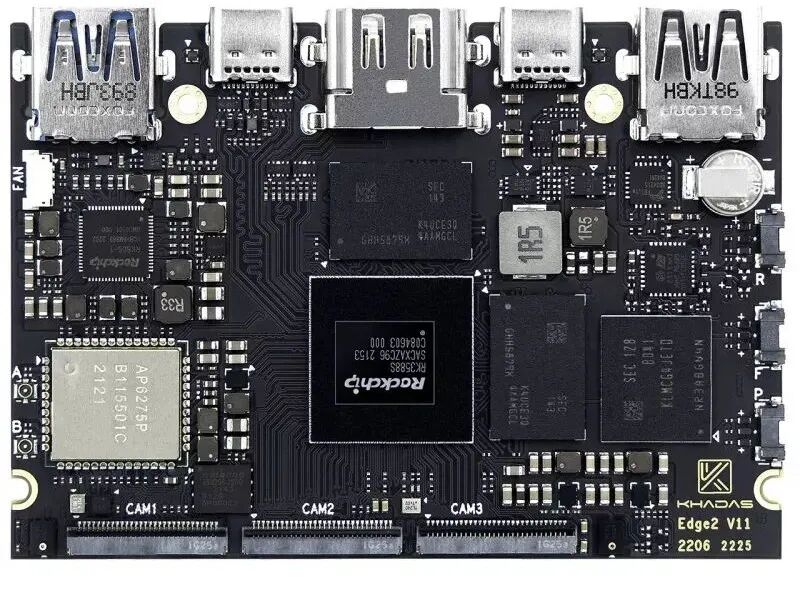 Designed based on the RK3588S SoC, I received the16GB LPDDR4X memory,64GB eMMC maker kit, priced at
Designed based on the RK3588S SoC, I received the16GB LPDDR4X memory,64GB eMMC maker kit, priced at
2699
This is the top configuration of this development board, while there is a lower configuration with 8GB memory and 32GB eMMC, priced at
1899
There is also an Edge2 ARM PC version with a case, which adds300 to the bare board price.
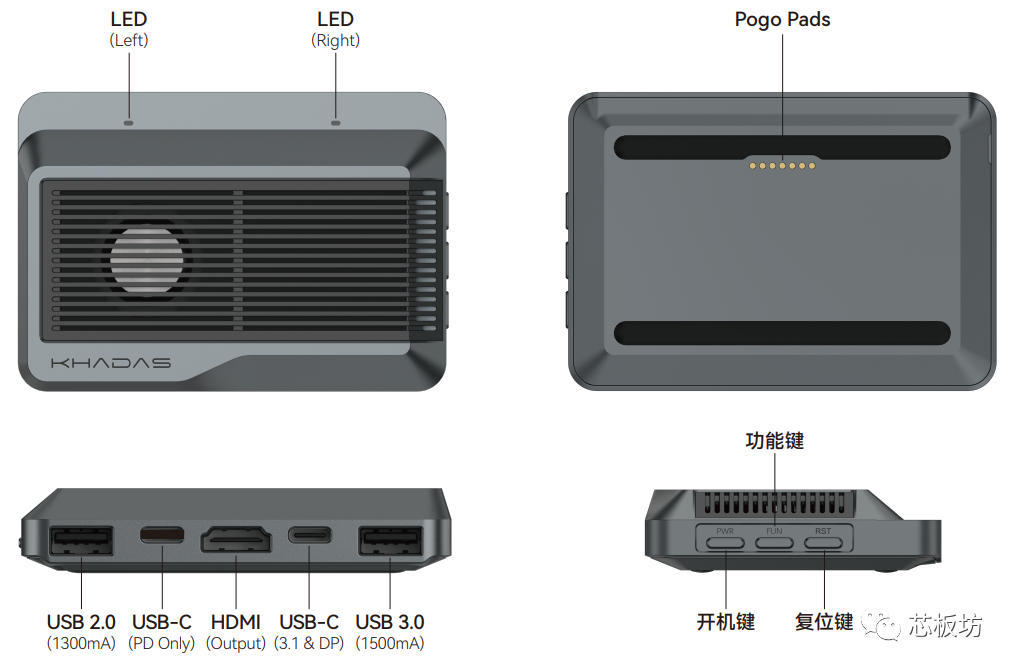
To be honest, this price is really not cheap, so is it worth such a premium? Let’s take a look below.
I was amazed when I first received the box of this development board; it is quite small, about the size of a Raspberry Pi. When I took it out and compared it with a Raspberry Pi, it was even smaller. The dimensions are82.0 x 57.5mm.
Another surprising aspect is its thickness, which is honestly a bit outrageous; the thickness is just the thickness of a USB port, measured at5.7mm.
To achieve this thickness, the components used on this development board are relatively low-profile, with USB and HDMI ports utilizingrecessed connectors. These small details help keep the thickness at the level of a USB port.
However, to control the thickness, the interfaces are just sufficient, with onlyone HDMI2.1, but there are two MIPI-DSI interfaces.
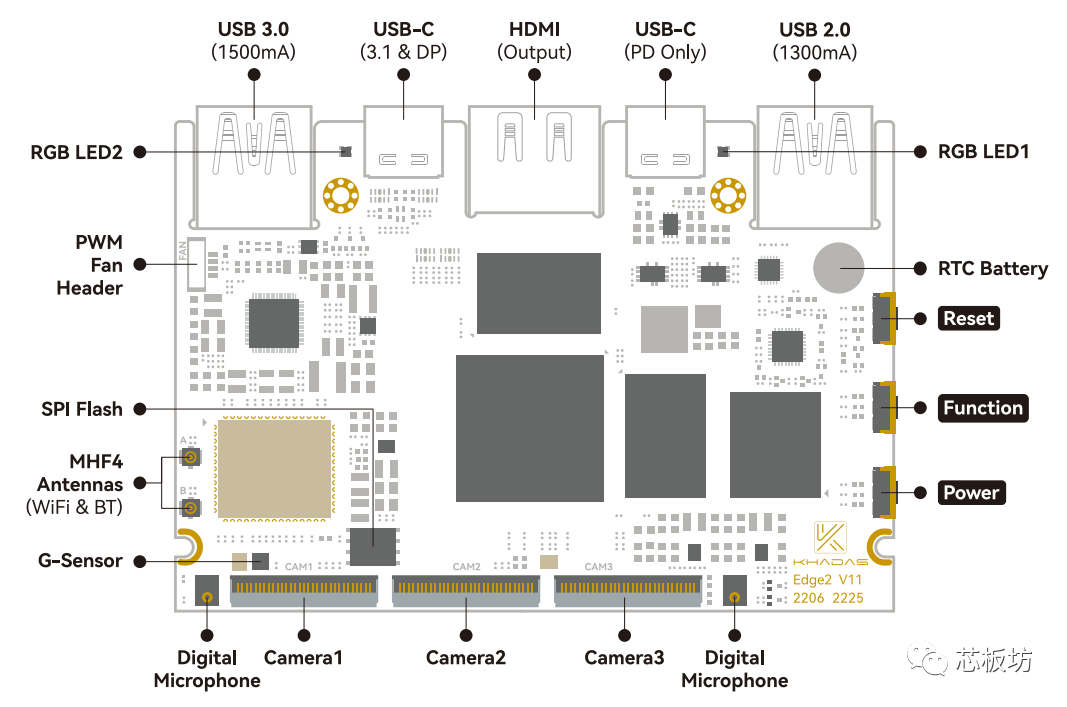
No Ethernet port. To connect to the internet, a Wi-Fi module is added,supporting Wi-Fi 6 and Bluetooth 5.0. Official tests show it can reach speeds of 800Mbps, which is quite good. If you want an Ethernet port, you need to purchase additional accessories, but it can only achieve 100Mbps speed. This might be the biggest drawback of this development board.
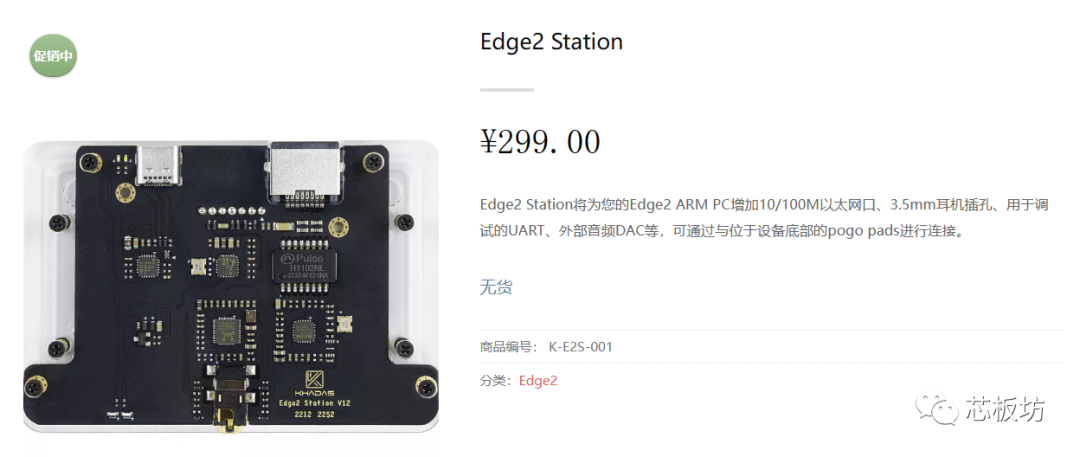
For the sake of thickness, there is another inconvenient aspect: the I/O interfaces need to be connected using ribbon cables,rather than using pin headers, which would allow direct connection with Dupont wires. This is because pin headers are typically around 9mm thick, which would look a bit awkward on this board.
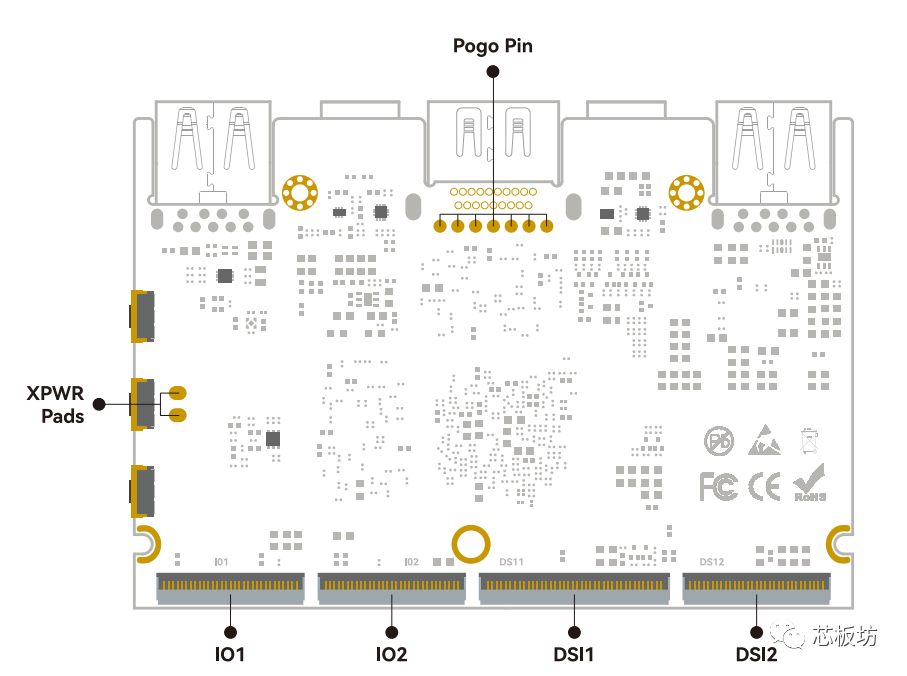
However, there are three MIPI-CSI interfaces, which do not take up much space. Additionally, it includes an RTC clock and its battery, three buttons, and a fan interface. There are two Type-C ports that support PD power supply, one of which can also be used as a DP interface.
This development board has made quite a few compromises to achieve its compact and aesthetic design. However, I believe that given its small size, these compromises are still within an acceptable range. Moreover, due to its thinness and small dimensions, itcan easily serve as a core board, which allows for a smaller overall size compared to purchasing a core board and an expansion board separately.
Another standout feature of this development board is its software, which is independently developed by Khadas, known as
OOWOW
It is similar to BIOS and comes with pre-installed software.
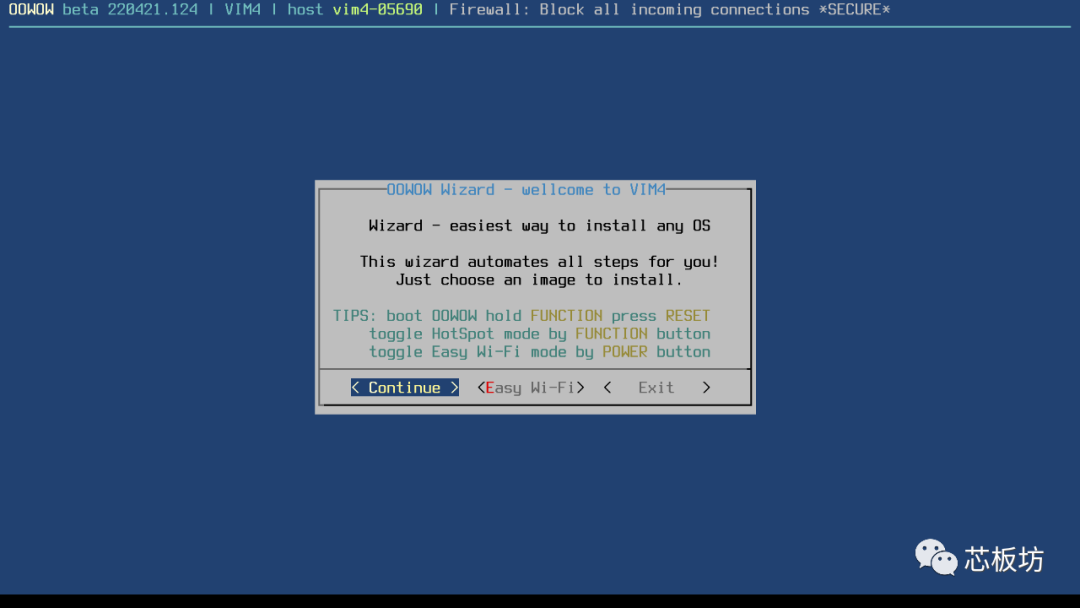
When powered on, it automatically enters this software.
However, upon entering the interface, I found that a keyboard was needed, but after searching for a long time, I couldn’t find the receiver for the keyboard, thinking I couldn’t proceed. This led me to look at the user manual, where I discovered that it is possible to complete the setup without a keyboard; this development board can be set to enter Wi-Fi hotspot mode, and after connecting to the hotspot, you canoperate it via a web page.
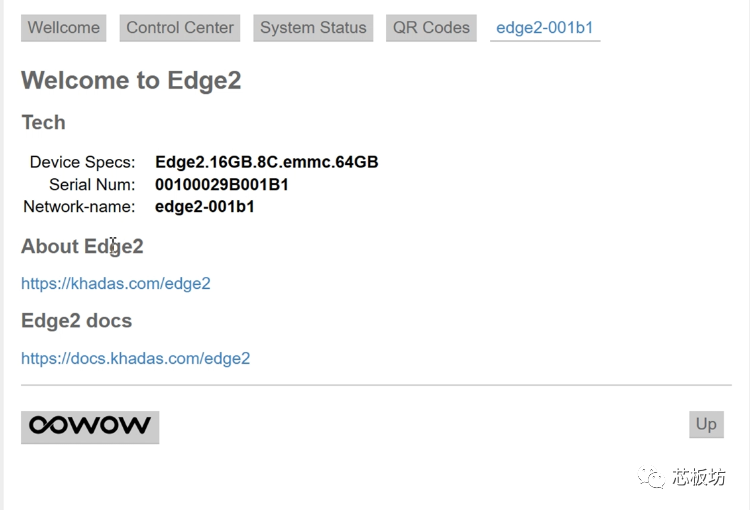
It is important to note that you need to connect via HDMI to a monitorto see its prompt operations, such as how to enter hotspot mode. After connecting to the hotspot, if you still cannot access the web page, the screen will prompt you to press a button on the development board to confirm device access. After confirming, you can enter the IP address displayed on the screen in your browser to operate it.
In this interface, you can connect to Wi-Fi, install the system via the network, reinstall the system, back up and restore the system, test whether the hardware of the development board is functioning properly, view device hardware information, and perform system recovery when your system encounters issues.
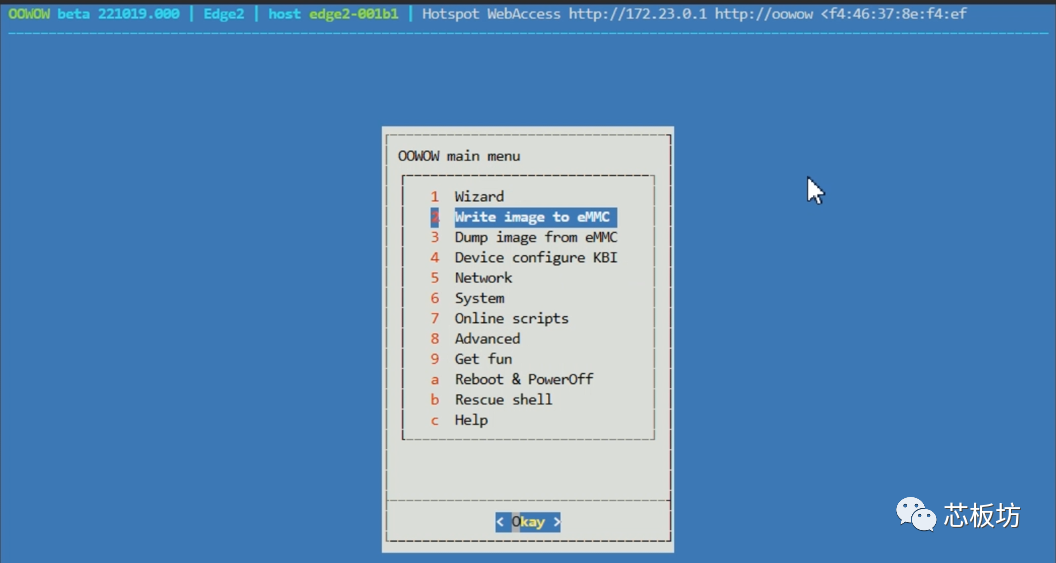 During use, various operations are relatively smooth.However, there was a major issue with downloading the system; in China, the download speed for the system is completely unbearable, and it is estimated thatusing a proxy is necessary for smoother system downloads.
During use, various operations are relatively smooth.However, there was a major issue with downloading the system; in China, the download speed for the system is completely unbearable, and it is estimated thatusing a proxy is necessary for smoother system downloads.
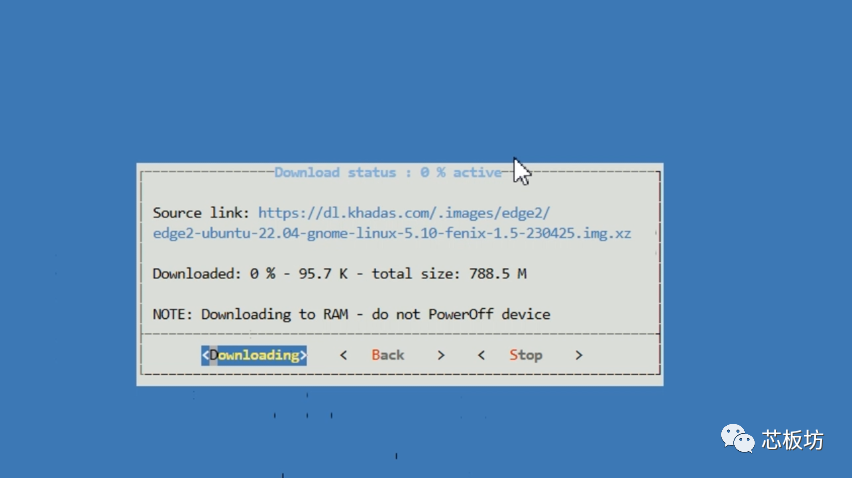
To be honest, as a domestic company, although it mainly sells to overseas customers, it does not consider the user experience for domestic users at all. The documentation is in English without Chinese. The software interface is also in English, and I won’t elaborate on that, but it is essential to have a system image site for domestic users.
However, this device still has great potential, such as implementing UEFI, dual systems, and even setting up overclocking in the interface, enabling remote power-on and remote control, etc. If these features can be realized, it could truly be a killer feature, but to be honest,it is still just an embellishment at this point.
Alright, that’s all for today. If you have any comments or thoughts, feel free to leave a message below.
Khadas Edge 2
Copy the link below
to open it on Taobao and place an order
https://m.tb.cn/h.500LaRm?tk=YDuUdsqJF0x
Recently, we have created a development board selection website, which, although not yet perfect, has already recorded around 400 development boards. If you are interested or have any needs, you can check out our selection website. If you have any good suggestions, you can also mention them in the group or leave us a message.
Our website domain is: findboard.cn
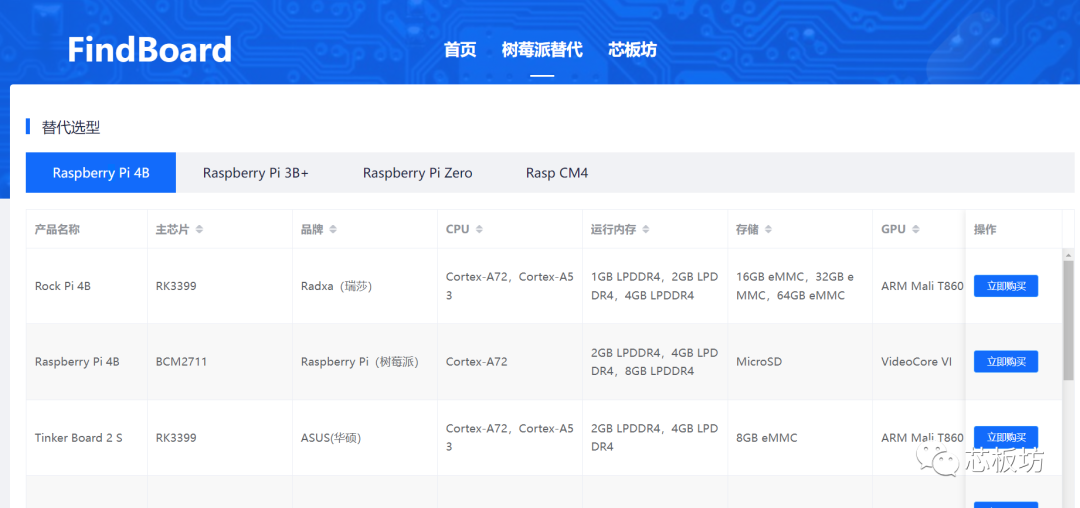
(We have not yet adapted the mobile version, so if you are accessing from a mobile device, the experience may not be very satisfactory. It is temporarily recommended to use a desktop browser for access.)